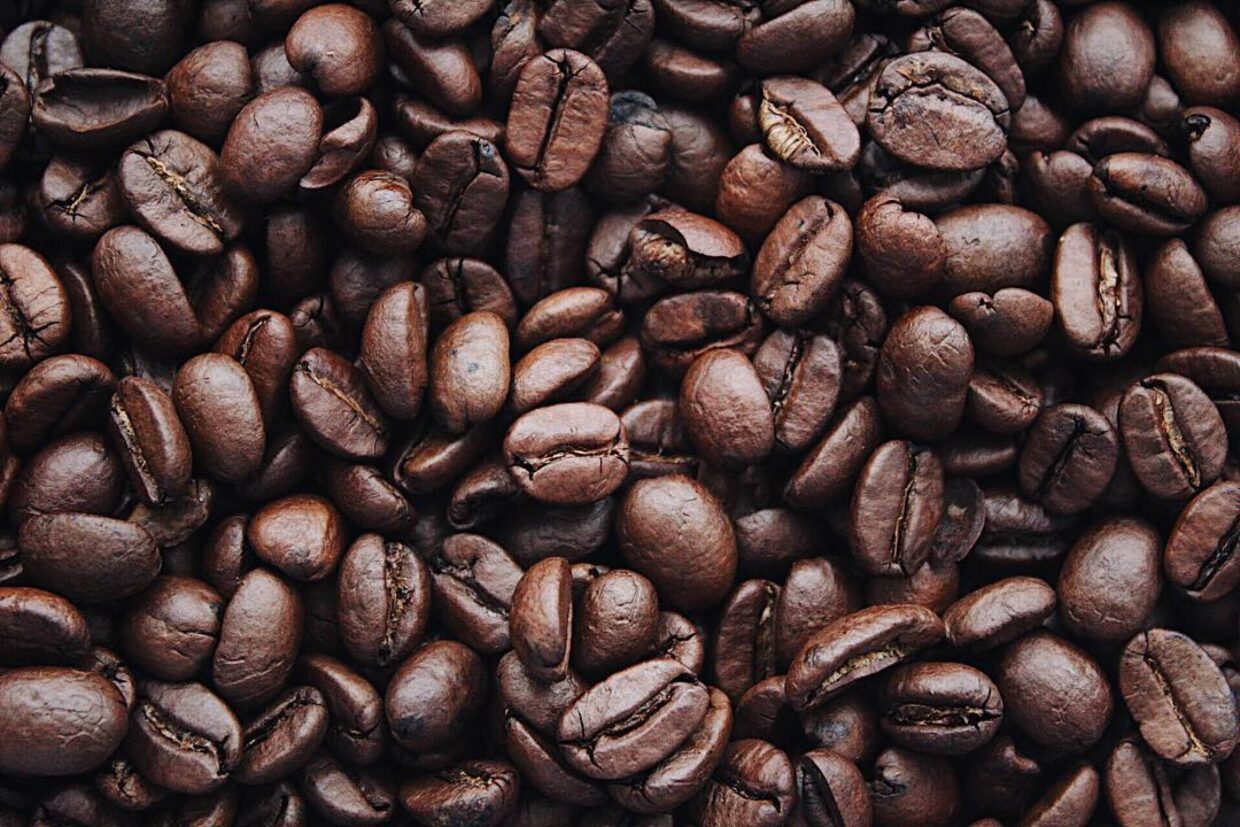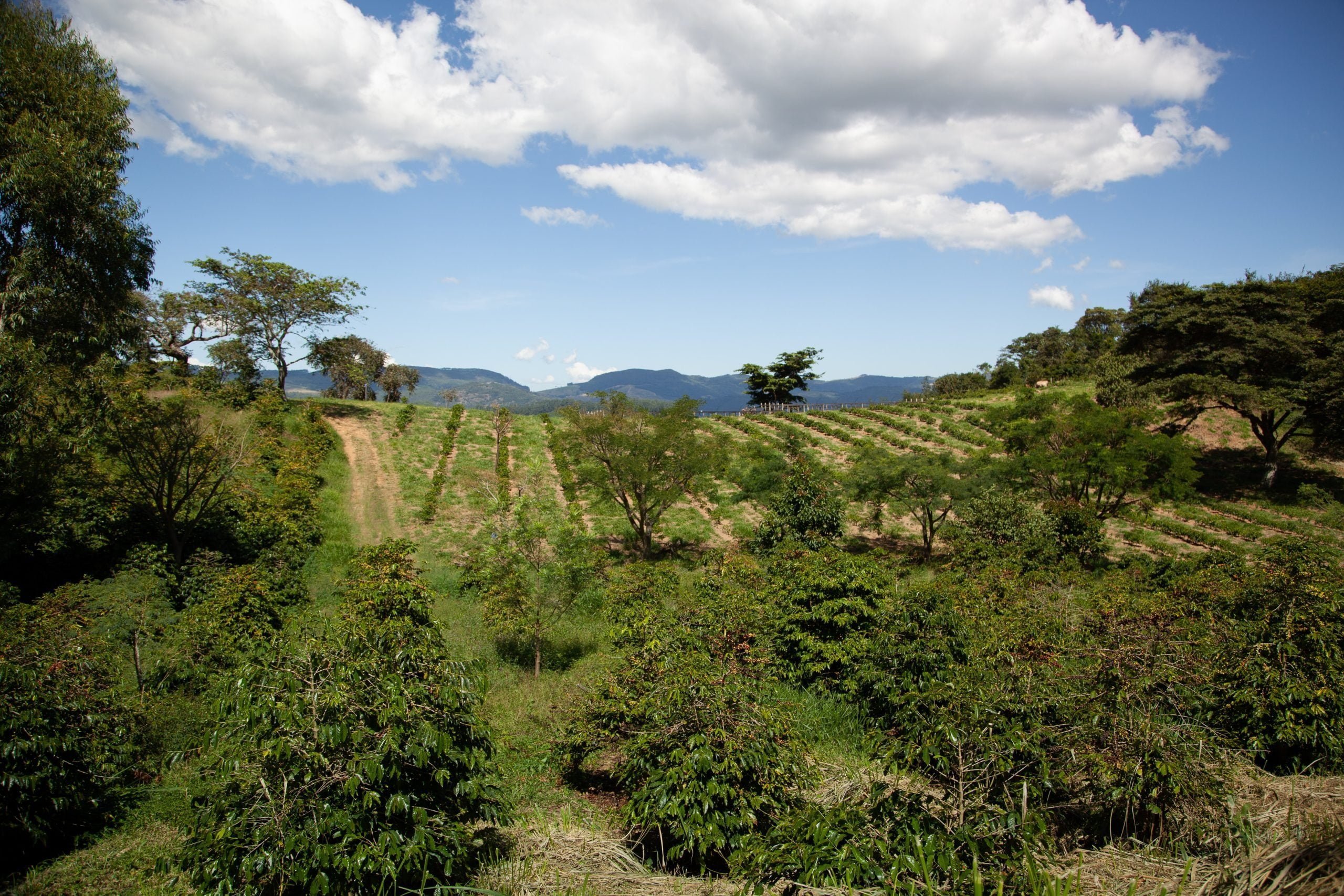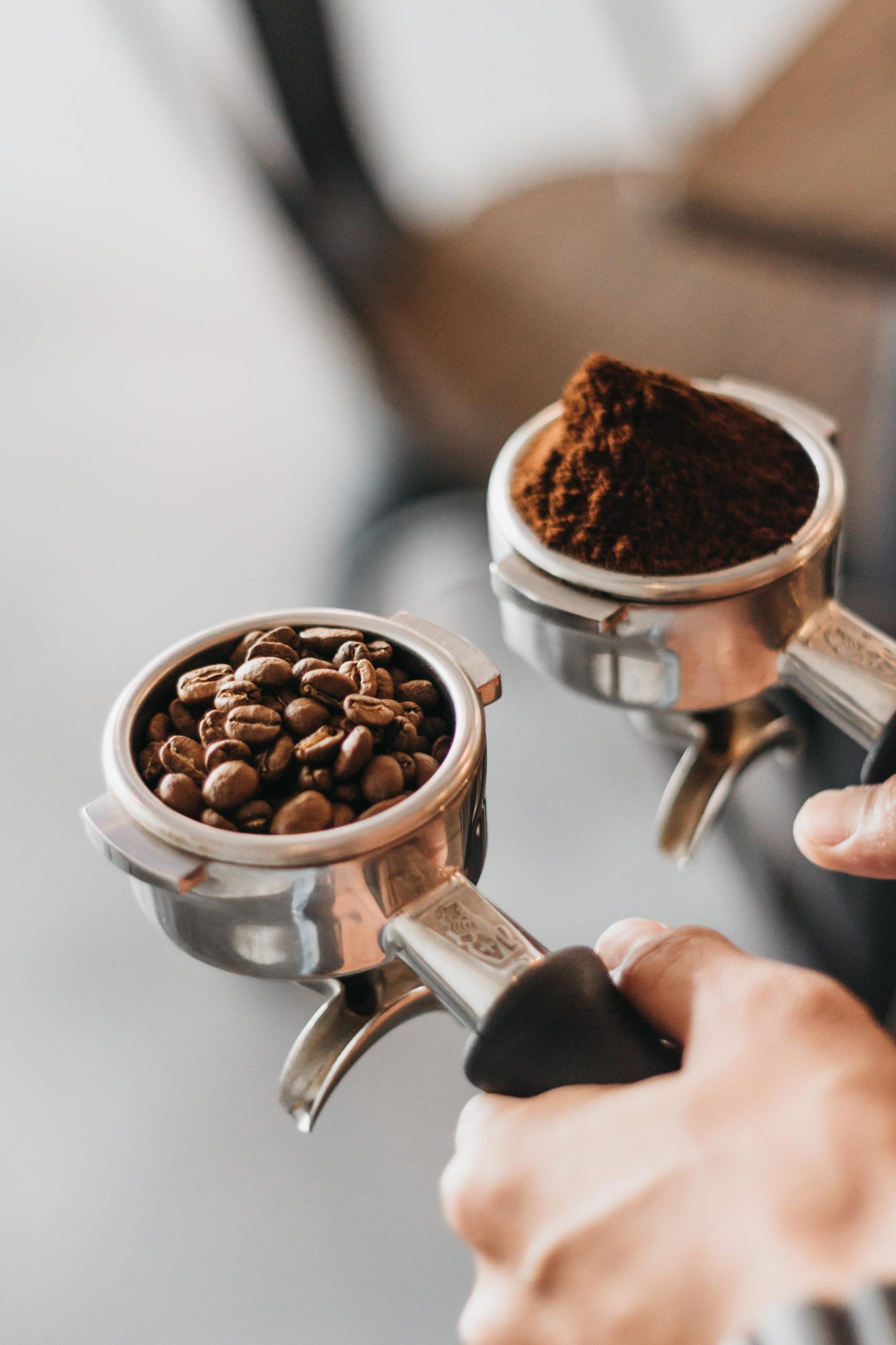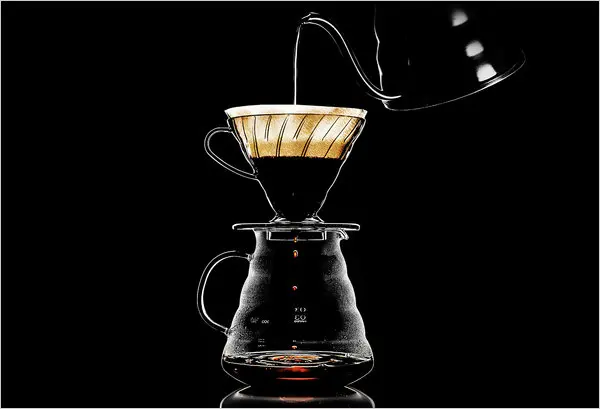

Coffee shop consumption of specialty coffee has increased, especially among the millennial generation. Specialty coffee focuses on specific flavors of a region, or terroir; precise and consistent farm practices; and respect for the producers, often the unsung heroes of the supply chain.
Dedicated coffee farmers and producers are the cornerstone of this movement. They must exercise great skill and care at all steps from cultivation to export.


In recent years, the coffee market has seen a revival of interest in high-quality brews. This growth has led to the rise of specialty coffee shops, which offer customers a wide range of options for their morning cups. Specialty coffee has become a growing segment of the overall global coffee market, and it is expected to continue its growth in the coming years.
As consumers become more interested in the story behind their cup of joe, it is becoming increasingly important to know where and how your coffee was sourced. Many specialty coffee enthusiasts look for a clear supply chain that includes information on specific plant varietals, harvesting dates, elevation details, and estate details. These details allow consumers to trace their coffee back to the farm or cooperative where it was grown.
Moreover, specialty coffee enthusiasts are often interested in ensuring that their coffee is ethically produced. This is typically achieved through direct trade or other sustainable sourcing strategies. It is also a good idea to ensure that the farmers and growers who produce your coffee receive fair wages and financial compensation.
These factors are driving the Third Wave Coffee Movement, which has pushed the specialty coffee industry to a new level of awareness and demand. This has made it possible for more artisan roasters and specialty coffee shops to open up, which has further helped boost the overall quality of coffee on the market.
The second wave of coffee introduced the mainstream to steamed milk and espresso-based drinks like cappuccinos, lattes, and cafe au laits. During this time, consumers started to appreciate the subtle flavors and aromas that accompany a cup of specialty coffee.
As a result, the third wave of coffee was born. This era is characterized by a greater focus on the quality of the coffee beans, which is achieved through novel brewing techniques. It is also marked by a stronger emphasis on sustainability, including direct trade with coffee farmers and environmentally friendly production processes.
The third wave of coffee also focuses on the relationship between roasters, cafes, and consumers. This is accomplished by introducing a greater level of transparency to the supply chain, which allows consumers to trace their cup of coffee all the way back to its source.
The third wave also places a high value on the skills of the barista. This is reflected in a greater emphasis on training programs, barista competitions, and trade shows. In addition, many of the best coffee brands offer an online coffee subscription that allows you to receive fresh-roasted specialty beans right at your door. This is a great way to enjoy the full experience of third-wave coffee.


We have come to a point where consumers demand higher quality beans that express their origins better. This has brought about the third wave of coffee culture and the specialty coffee movement. This has pushed the boundaries of the industry to new levels, introducing advanced roasting techniques and brewing methods that bring out more flavors in each cup.
But the term “specialty” has been a source of confusion for many. Often, it has been used colloquially to refer to gourmet or premium coffee, but this can be misleading. There is a specific process that coffee must go through to be considered a specialty product. This includes rigorous standards set by the Specialty Coffee Association for each step of the supply chain. This is a complex and laborious process that requires each step to be done correctly.
The most crucial step is the cupping (tasting) process. This is done by a “Q Grader” (the coffee equivalent of a wine expert) and involves blind testing each sample to see how it performs. This includes evaluating aroma, taste, balance, sweetness, acidity, body, uniformity, and cleanliness. If a coffee scores 80 or above, it is considered to be a specialty coffee. Anything below this is typically referred to as commodity coffee.
There are other defining factors, but these are the minimum requirements. Specialty coffees must be carefully sourced and roasted, each step of the process must be precise, and a minimum number of defects must be allowed. This level of care and attention to detail is what makes specialty coffee unique. It is a labor of love that is incredibly difficult to achieve, and it should be celebrated and appreciated.


As coffee drinkers become more discerning, they are demanding a premium, high-quality coffee that is ethically and sustainably sourced. This trend is opening up opportunities for specialty coffee companies to expand their product offerings and create unique, memorable customer experiences. In addition, advances in agricultural and roasting technology are allowing these companies to produce coffee that is more flavorful and consistent than ever before.
The rise of specialty coffee has also led to a growing interest in sustainable farming practices. Many roasters are sourcing their coffee from farmers who practice shade-grown, organic, or fair trade methods. This not only produces a higher-quality product but also helps ensure that the farmers are receiving a fair price for their coffee.
Another major trend in the industry is the use of unique brewing methods. From pour-over to cold brew to espresso, there are a number of ways to brew coffee that can enhance the flavor and create a one-of-a-kind experience for consumers.
The future of specialty coffee is looking bright. With advances in farming and roasting technology, increasing demand for high-quality coffee, and a variety of unique brewing methods, specialty coffee is poised to continue its growth as a popular beverage. In addition, many large coffee roasters are focusing on specialty coffee by acquiring or partnering with smaller companies. This is not only a way to increase their market share, but it also allows them to learn from their competitors and broaden the appeal of their own brands.
The rise of specialty coffee has revolutionized the way we perceive and enjoy our daily brew. From the meticulous cultivation of high-quality beans to innovative brewing techniques, every step is a testament to the passion and dedication of countless individuals in the industry. As consumers, our growing appreciation for this art form not only elevates our coffee experience but also supports sustainable and ethical practices in coffee production.
As we continue to explore the fascinating world of specialty coffee, we invite you to join us on this journey. At Wanderlust Beans, we are committed to bringing you the finest selection of specialty coffees from around the world. Whether you’re a seasoned coffee connoisseur or a curious beginner, there’s always something new to discover.
Remember, every cup of coffee has a story. Let’s discover it together. Enjoy your next cup with Wanderlust Beans!


Meet William McGhee, the passionate coffee enthusiast behind Wanderlust Specialty Coffee. Born and raised in MN, William's love for coffee began at a young age. He fondly remembers the aromatic scent of freshly brewed coffee filling his home every morning, a ritual started by his grandmother, a former barista.
When he's not exploring a new coffee region or writing for his blog, William enjoys hiking in the Pacific Northwest, practicing his photography skills, and of course, brewing a perfect cup of coffee. His favorite coffee? A Guatemalan Single-Origin with notes of dark chocolate.











Great Single Origin Coffee
All rights Reserved 2023
Website Design By Decrypted-Tech LLC.